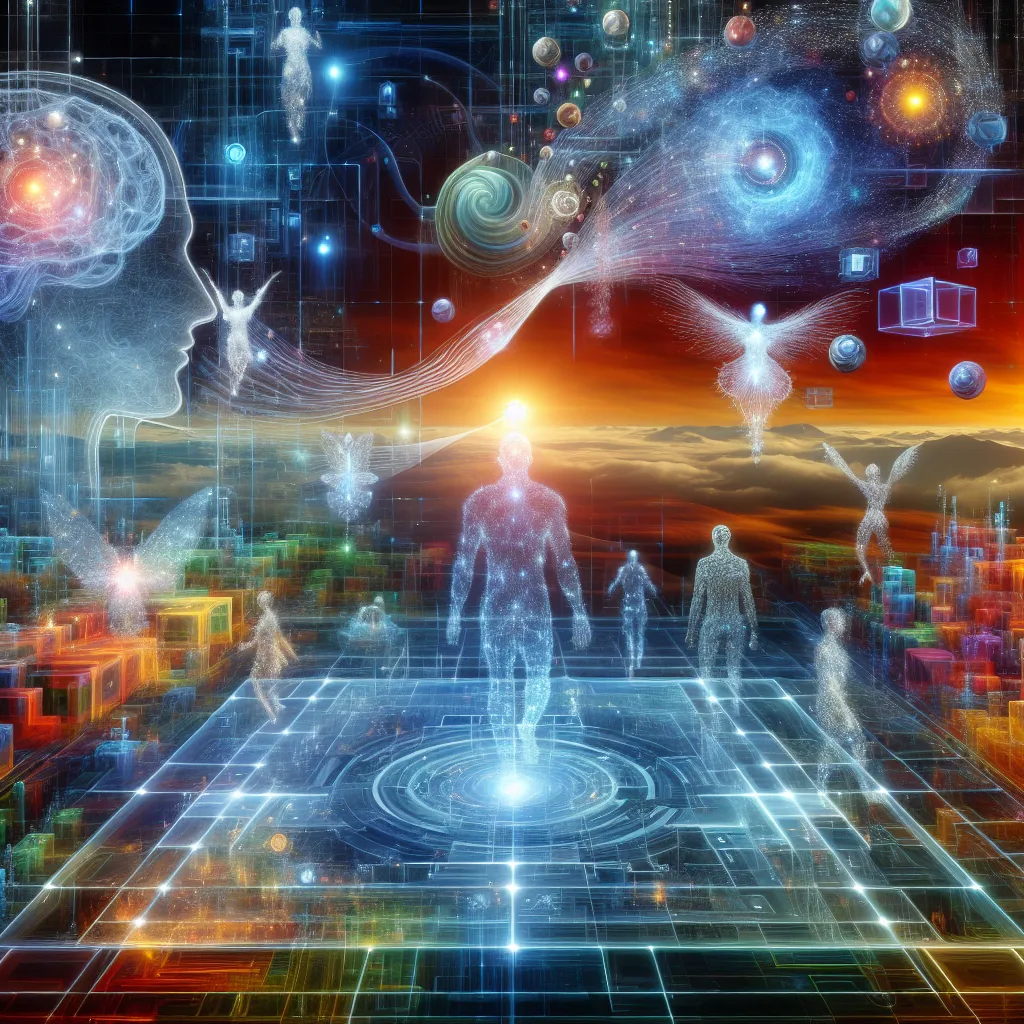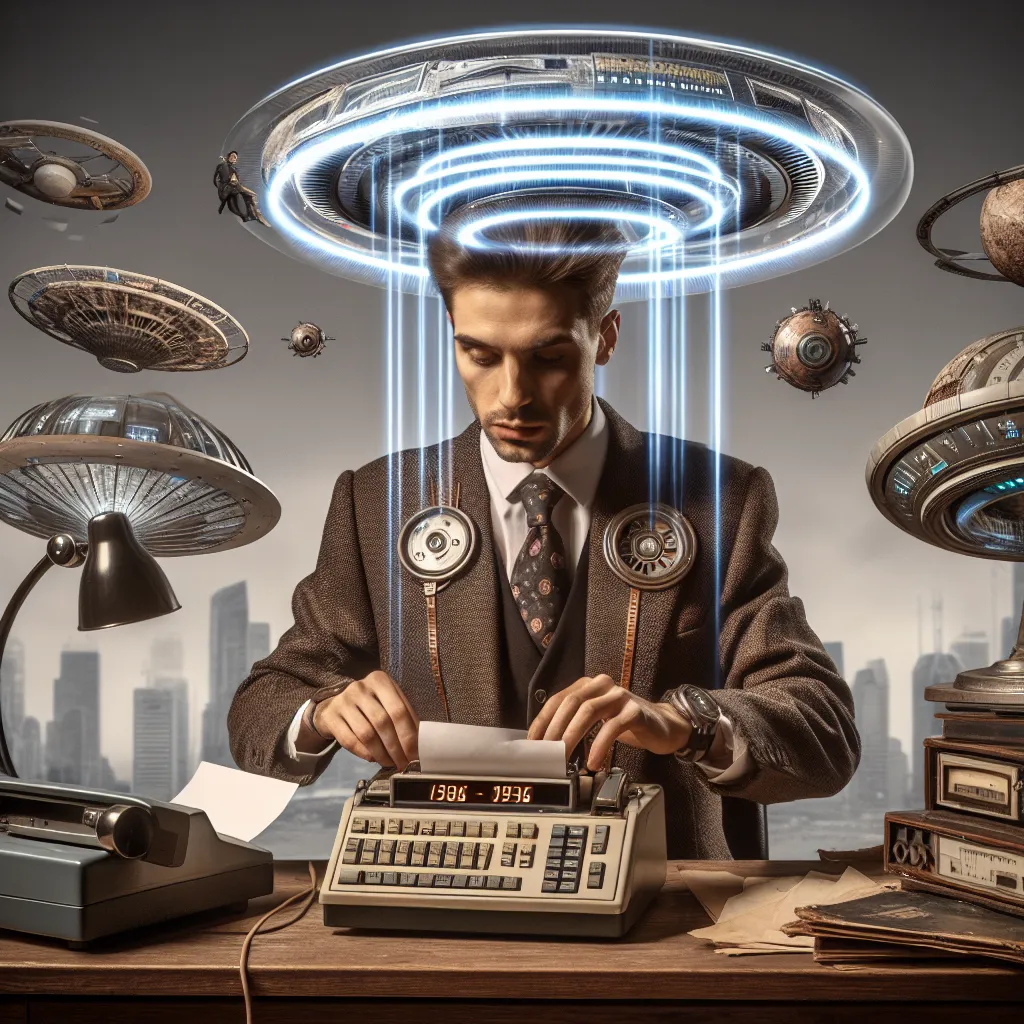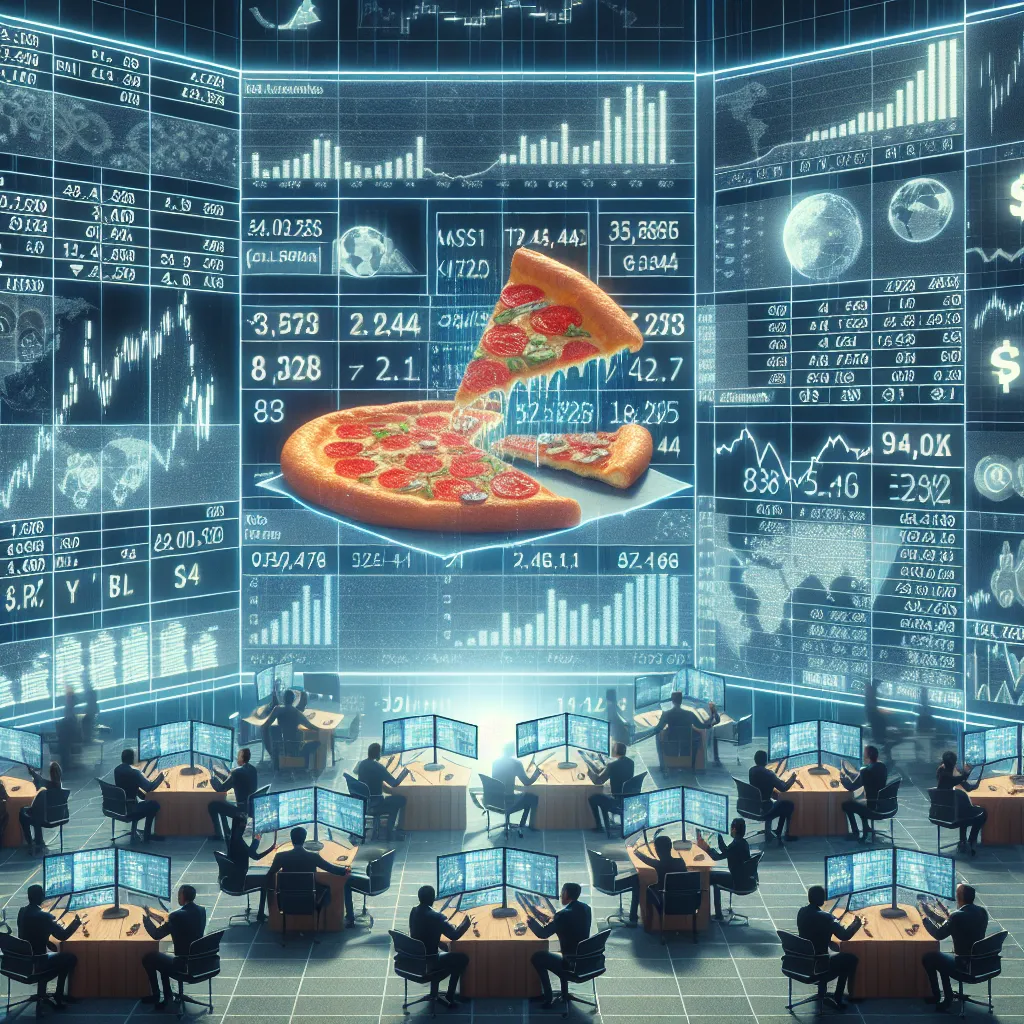The desire to break free from the limitations of human experience has been a part of our stories since the beginning of time. We exist in an endless universe governed by physics, yet our consciousness is confined to mortal bodies made of flesh. Now, with rapid advancements in technology, the idea of leaving our bodies behind and uploading our minds into a digital utopia seems not only possible but perhaps the next evolutionary step.
But what exactly is the “mind”? It’s a term that’s hard to pin down. Generally, it refers to our consciousness and intelligence – the thing that allows us to imagine, recognize, and dream. The concept of mind uploading involves making a digital copy of this inner world and running it in a computer simulation. However, this idea relies on several crucial assumptions.
First, it assumes that our mind is entirely located in the brain’s structure and biochemistry. This idea is known as physicalism, which keeps the discussion within the natural laws of science. Second, we must eventually understand the brain well enough to simulate it digitally. Third, it assumes that computer software can host a mind, meaning that consciousness can be replicated in code.
These assumptions are hotly debated by both scientists and philosophers. Nevertheless, any discussion about mind uploading has to start with the brain.
The brain is the most complex biological structure we know. It consists of around 100 billion neurons interconnected by a million billion connections, constantly sending signals at incredible speeds. Besides neurons, the brain also has billions of supporting and immune cells. The most developed part, the neocortex, is where memories, planning, imagination, hope, and dreams reside. However, pinpointing the exact location of “you” in the brain is still a mystery.
To upload a mind, you’d need a precise model of the brain. Current scanning technology, like fMRI machines, isn’t advanced enough. However, another promising method involves slicing the brain into extremely thin sections and scanning them with high-resolution electron microscopes. This has been done with a tiny piece of mouse brain, which took immense effort and generated a massive amount of data. Scaling this up to a human brain is an enormous challenge.
Even if we achieve such a scan, turning this static model into a living, dynamic simulation is another huge hurdle. We need to understand and replicate the complex interactions within the brain to bring the digital copy to life. This might be either immensely complicated but doable or fundamentally unsolvable if consciousness proves to be more than the sum of its parts.
Should we succeed in mind uploading, it could mean functional immortality. A digital mind could continue to exist indefinitely, unless the data is deleted or corrupted. This opens up questions about identity and safety. Would this digital mind still feel like “you”? And how would you live knowing that death isn’t the end? It could change your entire outlook on life.
A digital mind might coexist with its biological counterpart, or the copy might live entirely separate. Having a digital body might be optional, and priorities could shift in unimaginable ways. Falling in love or experiencing pain could become obsolete, replaced by the pursuit of extraordinary experiences. Over time, digital minds might enhance themselves, changing personalities or abilities as technology progresses.
Digital immortality brings potential benefits and risks. It could lead to vast scientific discoveries and new forms of exploration. However, it could also result in power struggles, resource hoarding, and the creation of new societal hierarchies. The digital version of cult leaders or tyrants could perpetuate their influence indefinitely, while other minds might eventually seek retirement after a long, full life.
In the end, whether mind uploading will ever be possible remains uncertain. It’s a tantalizing scientific frontier with the potential to teach us much about ourselves and develop groundbreaking technologies. If we do succeed, the implications for humanity are both astounding and eerie, fundamentally transforming our existence and future in this universe.






